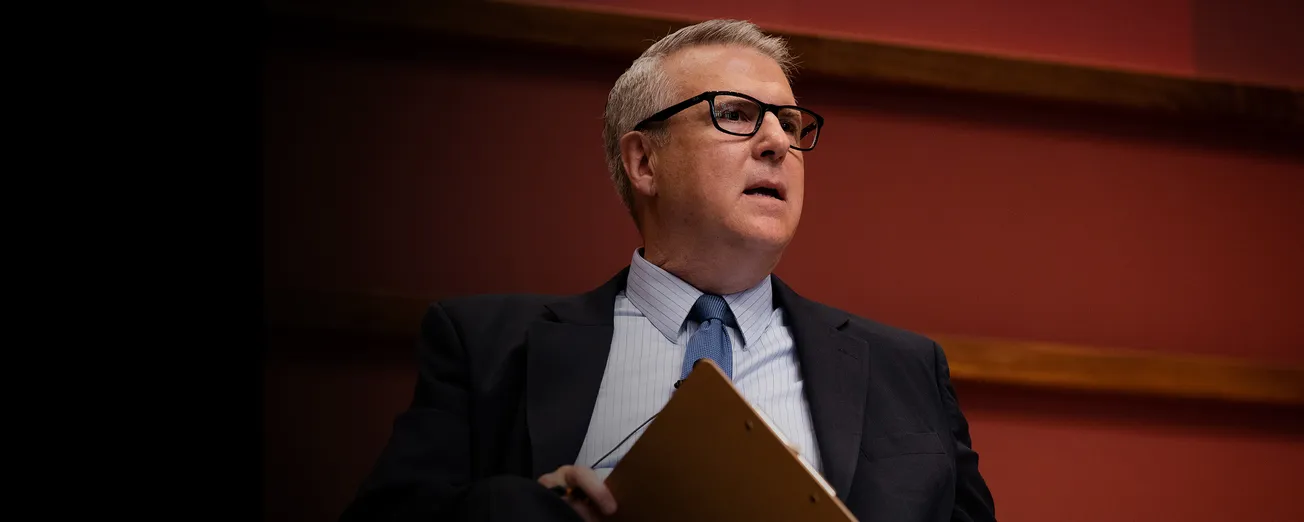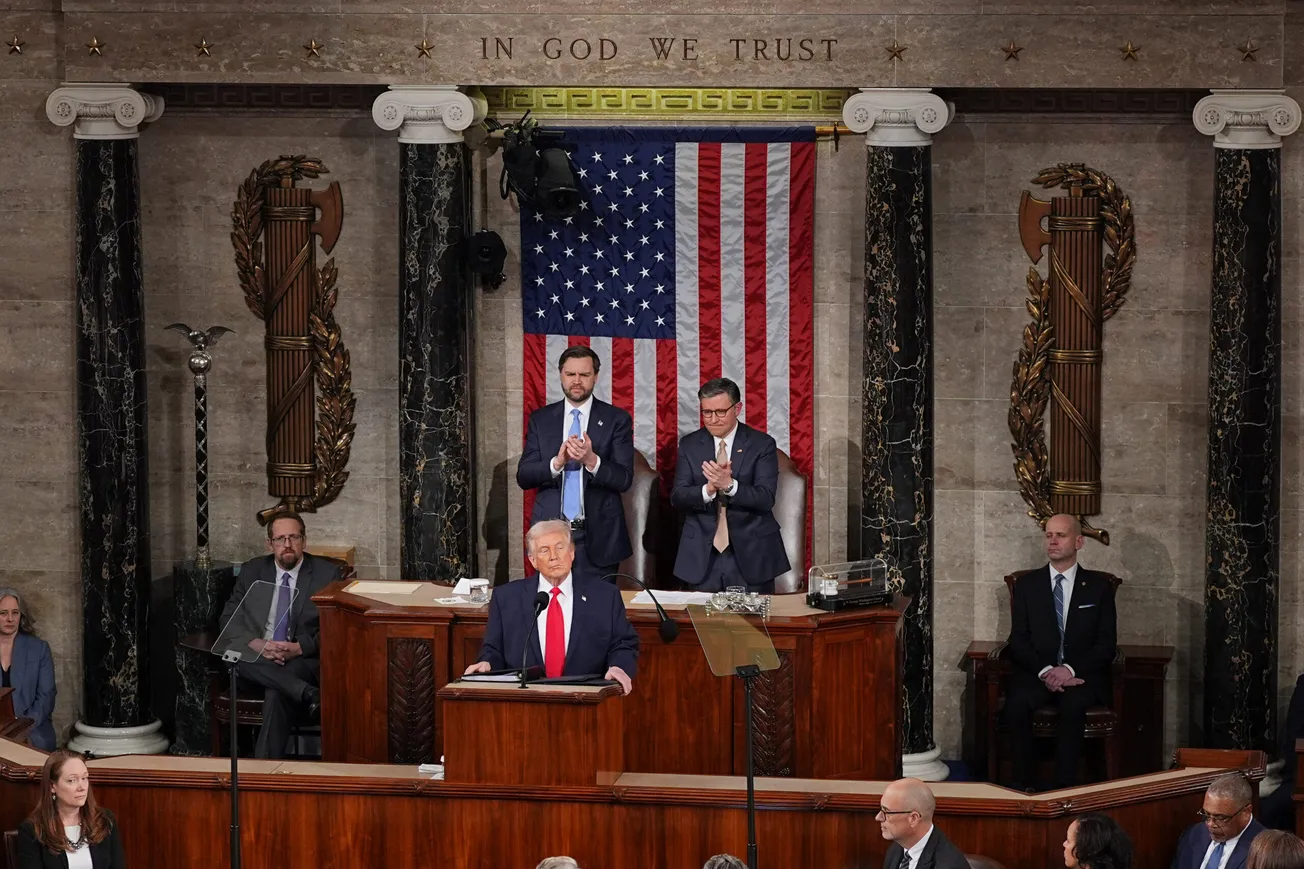Table of Contents
From creating 12,000 spaces for bike parking to constructing traffic circles in the center of campus, Stanford takes bicycling seriously. As a result, the Stanford community stands to be greatly affected by Senate Bill 1475, legislation introduced on Feb. 19 that would extend California’s laws banning talking or texting on cell phones while driving to bicyclists.
SB 1475’s primary purpose is to increase the base fines for violating the law from $20 to $50 for a first offense, and from $50 to $100 for a second offense. According to a Feb. 22 Sacramento Bee article, with the addition of fees and penalties, most violators would actually pay $255 for a first offense and $455 for a second offense, depending on the county. The bill would also add a point to violators’ driving records, so the law still has a deterrent effect on people with a greater ability to pay the fine.
The bill’s author, State Sen. Joe Simitian, D-Palo Alto, has already written three other laws on distracted driving: the 2006 ban on talking on cell phones while driving without a hands-free device; the 2007 ban on all minors talking on cell phones while driving with or without a hands-free device; and the 2008 ban on sending, reading, or writing text messages while driving. Simitian, a former mayor of Palo Alto, represents parts of Santa Clara, San Mateo, and Santa Cruz Counties, including Stanford University.
A recreational cyclist himself, Simitian argued, “Cyclists are entitled to the same privileges of the road, but then the same rules need to apply. [SB 1475] is just designed to make sure the law includes bicyclists.” Simitian further pointed out that the California Bicycle Coalition was a major proponent of the original law banning cell phone use in cars, to reduce accidents between bicyclists and cars.
Asked if SB 1475 brings policy to where it should be after three existing laws, Simitian said, “I think so. I actually hear from a lot of folks who take a much tougher line… some said there ought to be jail time, the fine ought to be $1,000, they should take away their phone. I was just amazed at the vehemence.”
With so many bicyclists, not all Stanford students welcome the new legislation. Erik Donhowe ’10 sought to raise awareness of how the bill could impact Stanford students from outside the Stanford bubble. He sent an article on SB 1475’s introduction out on several e-mail lists, encouraging students to contact Simitian’s office with their opinions.
“Considering that the majority of bicycle traffic in Palo Alto is arguably on Stanford property, I find it appalling that an elected official would try to fine college students for such a trivial issue,” Donhowe later said. “I figured that Stanford students would be especially – and adversely – affected by the ban, so I spread the word.”
In particular, Donhowe took issue with fining bicyclists the same amount as drivers. “I personally don’t think it makes sense to treat bikers and drivers the same, especially at Stanford where most of the traffic is bicycle traffic,” Donhowe added. “I haven’t heard any major news stories about the rise of texting while biking, so I have no idea what motivated the introduction of this particular piece of legislation.”
While not yet in SB 1475, Simitian recognized the potential for a differentiated fine for cyclists and drivers. “I’m willing to look at the fines,” Simitian said. “It’s an issue that’s come up since the bill has been introduced. This is exactly why you have the hearings… Some folks have said [the fine for bicyclists] is too high. Others have said it’s appropriate.”
Fines aside, students have raised further concerns about the role of the government in considering such a bill.
“This is a classic example of government overstepping its authority just to appear to improve public safety, when in reality, I can’t imagine this ban having much of an impact at all,” Donhowe said. “If texting and calling while biking is rampant on campus, I have been completely oblivious to it during my four years here.”
Rahael Gupta ’12, however, does regularly talk on her phone while biking to and from class, an example of a busy Stanford student who has little free time to make phone calls. If SB 1475 became law, Gupta said, “It would be really hard for me to accept, because it’s one of the only times I have to talk to family and friends.”
“It just seems like a useless investment of government time,” Gupta added. Indeed, during the same week Simitian announced the introduction of SB 1475, Senate Democratic and Republican leaders tussled over different jobs packages designed to address California’s 12.4% unemployment rate, fifth highest in the country.
Simitian countered that since the initial ban on talking on cell phones in the car, “there have been 700 fewer fatalities every year and 75,000 to 100,000 fewer crashes. Cell phones were the number one cause of distracted driver accidents, according to [California Highway Patrol]. There’s nothing that’s a higher priority than public safety. I think everyday a couple people will sit down for dinner with their families who wouldn’t have made it through the day.”
SB 1475 currently sits in the Senate Rules Committee, awaiting assignment to committee.




